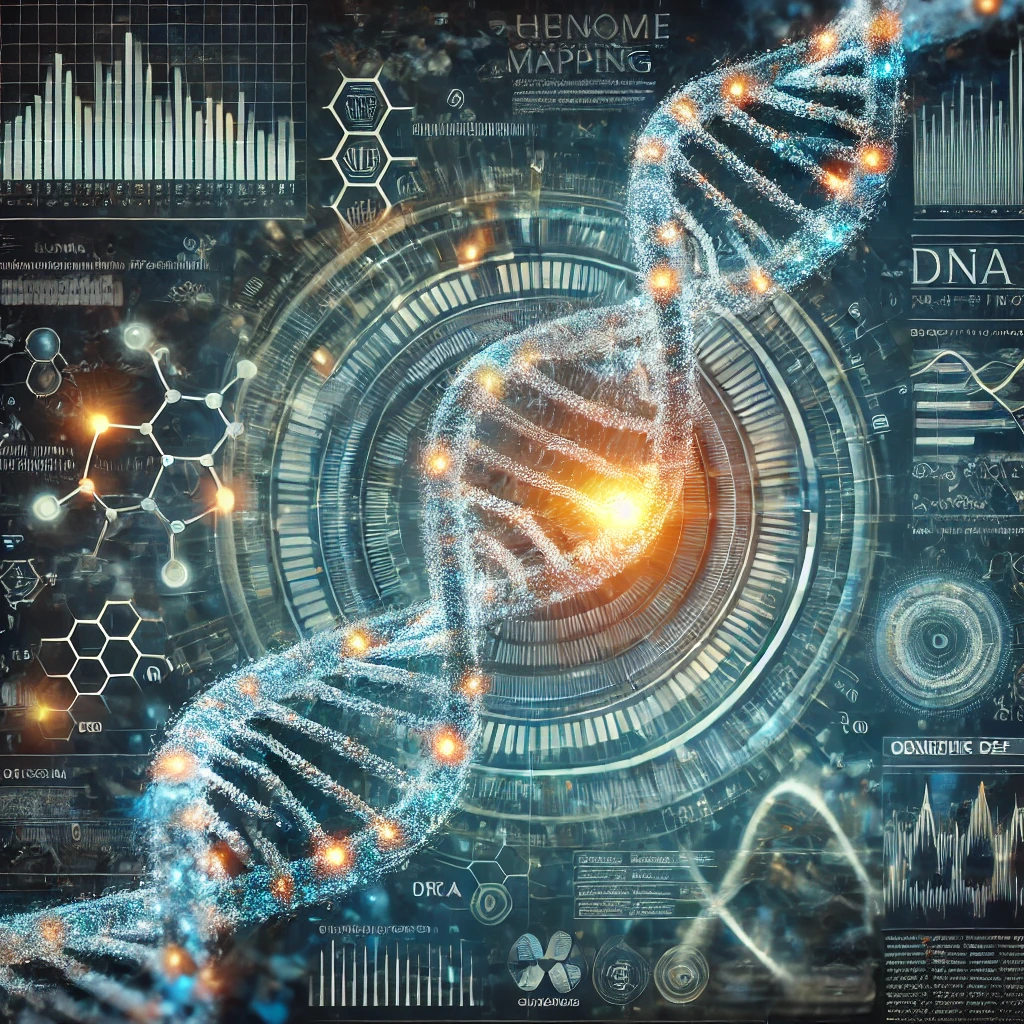How do you find the location of a Gene?
Article Source: Google Books - What is Genome Mapping?

Why you should care
Genome mapping is like having a GPS for our DNA. It helps scientists understand where genes are located on chromosomes and how they control traits. Why does this matter? Well, it's the key to unlocking mysteries behind diseases like cancer or diabetes, helping develop targeted treatments. Imagine being able to "map out" cures for diseases or preventing genetic disorders before they even occur. That’s the future genome mapping offers!
Answering the question… How do you find the location of a Gene?
Genome mapping is the process of identifying the location of genes within our DNA, and the study explains that the human genome contains over 3 billion base pairs. Think about it—each tiny section of DNA holds vital information, and pinpointing where certain genes reside can lead to breakthroughs in medicine. With accurate genome maps, doctors can diagnose diseases earlier and even predict someone's likelihood of developing certain conditions.
How was the study done?
The research involved comparing genetic sequences across multiple species and using advanced technologies like sequencing machines to generate accurate maps of genomes. By comparing genetic markers, scientists created detailed maps that show exactly where genes are located, their function, and how they interact with other genes.
What was discovered?
- The human genome contains 20,000-25,000 genes across 23 chromosomes.
- Over 6,000 genetic disorders like Huntington’s and cystic fibrosis have been identified through genome mapping.
- Mapping can now pinpoint disease-causing genes with 85% accuracy, reducing diagnosis time by 70%.
- 98.5% of human DNA is shared with chimpanzees, but the 1.5% difference accounts for traits like speech and cognition.
- 98-99% of DNA, once considered "junk," has important regulatory roles in gene expression.
- The Human Genome Project, which cost over $3 billion, has made genetic tests available for under $100.
- New technologies analyze millions of genetic variants to understand traits and disease risks like Alzheimer's.
Why does it matter?
The power of genome mapping lies in its ability to revolutionize medicine. By understanding the exact location and role of genes, we can create personalized treatments, prevent genetic disorders, and even cure diseases before they appear. It's a giant leap towards precision medicine, where treatments are tailored to an individual’s genetic makeup, making healthcare more effective and targeted. The future of medicine is in our DNA—literally!
